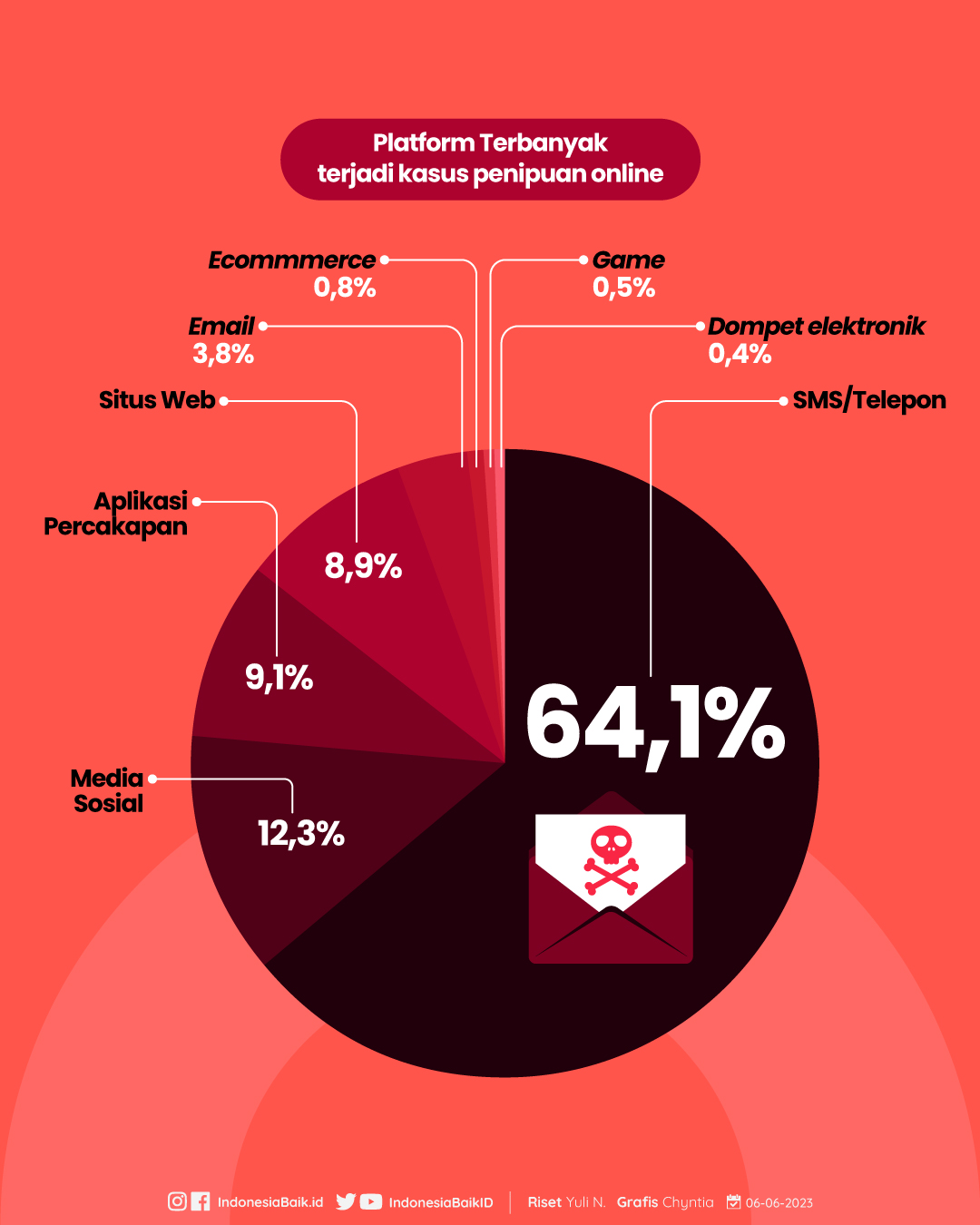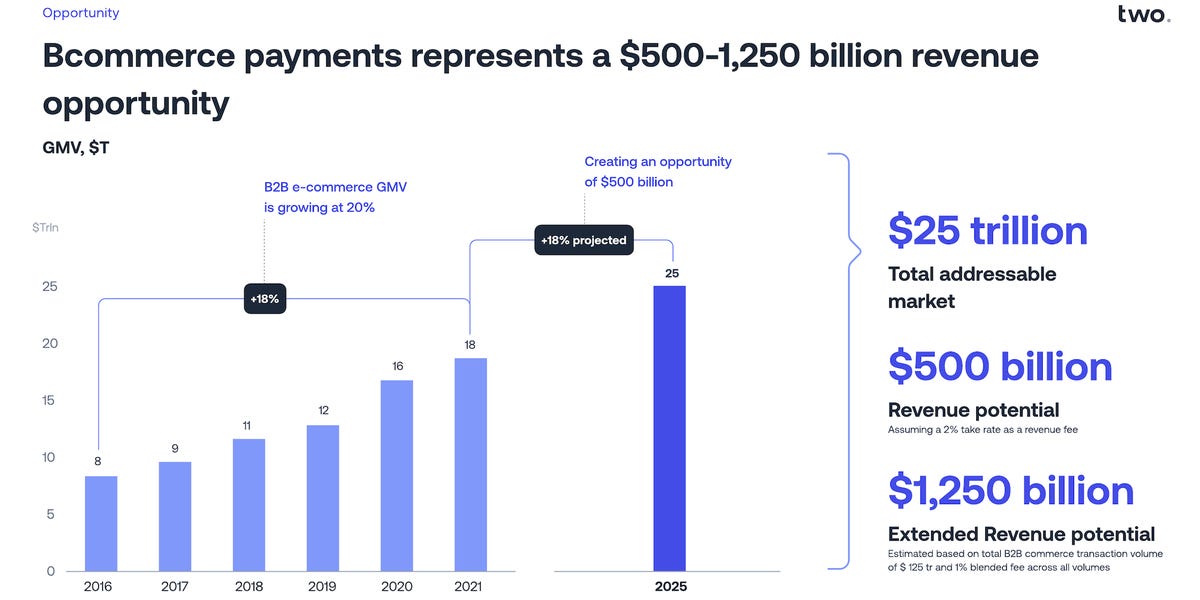Examining The Overlap: Vegan Values And Concerns Regarding Halal Practices

Table of Contents
Shared Ethical Foundations: Compassion and Sustainability
Both veganism and Halal dietary practices share surprisingly common ethical ground, particularly concerning compassion for animals and environmental sustainability. While their methods differ drastically, the underlying values often converge.
-
Emphasis on animal welfare: While Halal guidelines permit the consumption of meat from animals slaughtered according to specific religious rites, aiming for a humane and swift death, the core principle emphasizes respect for life. This aligns with the vegan ethos of minimizing animal suffering, although vegans extend this principle to reject all forms of animal exploitation, including the use of animal products like dairy and honey. The focus on humane treatment in Halal slaughter contrasts sharply with the often inhumane practices of factory farming, a concern shared by many vegans.
-
Environmental sustainability: Both vegan and Halal-conscious consumers are increasingly aware of the environmental impact of their food choices. Plant-based diets inherently have a lower carbon footprint than meat-heavy diets, making veganism a naturally sustainable choice. However, the growing interest in sustainable Halal meat production, focusing on ethical farming and reduced environmental impact, reflects a shared concern for responsible resource management. This shared concern is driving innovation in both the vegan and Halal food sectors, leading to more eco-friendly production methods and packaging.
-
Ethical sourcing and transparency: Both vegans and those adhering to Halal guidelines often prioritize ethical sourcing, demanding transparency in the supply chain. They want to know where their food comes from, how it was produced, and whether animal welfare standards were upheld. This shared commitment translates into increased demand for traceable products and sustainable farming practices, pushing the food industry towards greater accountability and responsible sourcing. The search for authentic and ethically sourced Vegan Halal products is a testament to this shared value.
Key Differences and Potential Conflicts: Animal Products and Processing
Despite the shared ethical foundations, significant differences exist regarding the treatment and consumption of animal products. This often leads to conflicts and challenges for individuals attempting to reconcile both vegan and Halal values.
-
Meat consumption: This is the most fundamental difference. Veganism strictly excludes all animal products, including meat, poultry, and seafood. Halal, conversely, permits the consumption of meat from animals slaughtered according to specific religious guidelines. This irreconcilable difference makes a fully "Vegan Halal" diet in the strictest sense impossible.
-
Gelatin and other animal-derived ingredients: Many processed foods contain gelatin, rennet, or other animal-derived ingredients. Vegans meticulously avoid these, requiring careful scrutiny of ingredient lists. Halal certification often necessitates a similar examination to ensure that the ingredients comply with religious guidelines. This creates a need for clear and detailed labeling to assist consumers in making informed choices.
-
Dairy and honey: Veganism excludes dairy products and honey, while Halal generally permits their consumption. This difference poses a challenge for vegans seeking Halal-certified products, as many traditionally Halal foods include dairy or honey. Finding truly vegan and Halal-compliant alternatives requires careful searching and understanding of product ingredients.
-
Concerns about factory farming: While both vegans and many Halal consumers are increasingly concerned about the ethics of factory farming, the practical implications differ. Vegans oppose factory farming entirely, while Halal consumers strive for humane slaughter practices within the context of meat consumption. This shared concern, however, creates an opportunity for collaboration and improvement across the board, pushing for better animal welfare standards throughout the food industry.
Navigating the Challenges: Finding Vegan-Friendly Halal Options
Finding suitable Vegan Halal products presents practical challenges, particularly due to the lack of standardization in labeling and certification.
-
Labeling and certification: The absence of a universally recognized "Vegan Halal" label creates confusion for consumers. Clear and consistent certification is crucial to help consumers easily identify products that meet both criteria. Increased standardization would greatly simplify the process of finding appropriate foods.
-
Ingredient scrutiny: Consumers must carefully scrutinize food labels and ingredients, paying attention to potential hidden animal products. This requires a level of diligence and product knowledge that can be time-consuming and frustrating.
-
Growing demand for Vegan Halal food: Fortunately, the growing consumer interest is driving a positive shift in the food industry. An increasing number of businesses are recognizing the need for and are developing Vegan Halal options, driven by the expanding market demand.
-
Increased consumer awareness: Educating consumers about the complexities of the intersection between Vegan and Halal diets is essential for driving further market development and ensuring ethical production practices. Raising awareness will empower consumers to make informed choices and encourage businesses to meet these growing demands.
Conclusion
While seemingly opposing, Vegan and Halal diets share underlying ethical concerns regarding animal welfare and sustainability. However, significant differences exist concerning the use of animal products, making a completely overlapping diet challenging. Navigating this intersection requires careful attention to labeling, ingredient scrutiny, and a thorough understanding of the principles behind each dietary approach. The increasing demand for Vegan Halal options presents an exciting opportunity for innovation and ethical food production. The future of food requires greater transparency and collaboration to meet the growing needs of both Vegan and Halal consumers. Learn more about finding the best balance between your values and dietary needs by researching Vegan Halal products and certifications in your area. Explore the growing range of plant-based options compliant with Halal guidelines – your journey towards a Vegan Halal lifestyle awaits!

Featured Posts
-
 Tindak Tegas Judi Online Dan Penipuan Telekomunikasi Di Myanmar Langkah Langkah Terbaru
May 13, 2025
Tindak Tegas Judi Online Dan Penipuan Telekomunikasi Di Myanmar Langkah Langkah Terbaru
May 13, 2025 -
 Dy Kabryw Ykhalf Qanwn Mwaedath Mn Ajl Hbybth Aljdydt
May 13, 2025
Dy Kabryw Ykhalf Qanwn Mwaedath Mn Ajl Hbybth Aljdydt
May 13, 2025 -
 Confirmation Sam Elliott Joins The Cast Of Landman Season 2
May 13, 2025
Confirmation Sam Elliott Joins The Cast Of Landman Season 2
May 13, 2025 -
 B2 B Payments Innovator Pliant Raises 40 Million In Series B Financing
May 13, 2025
B2 B Payments Innovator Pliant Raises 40 Million In Series B Financing
May 13, 2025 -
 Chto Izvestno O Syne Tamary Kadyshevoy Grigorii Kostyuke
May 13, 2025
Chto Izvestno O Syne Tamary Kadyshevoy Grigorii Kostyuke
May 13, 2025
